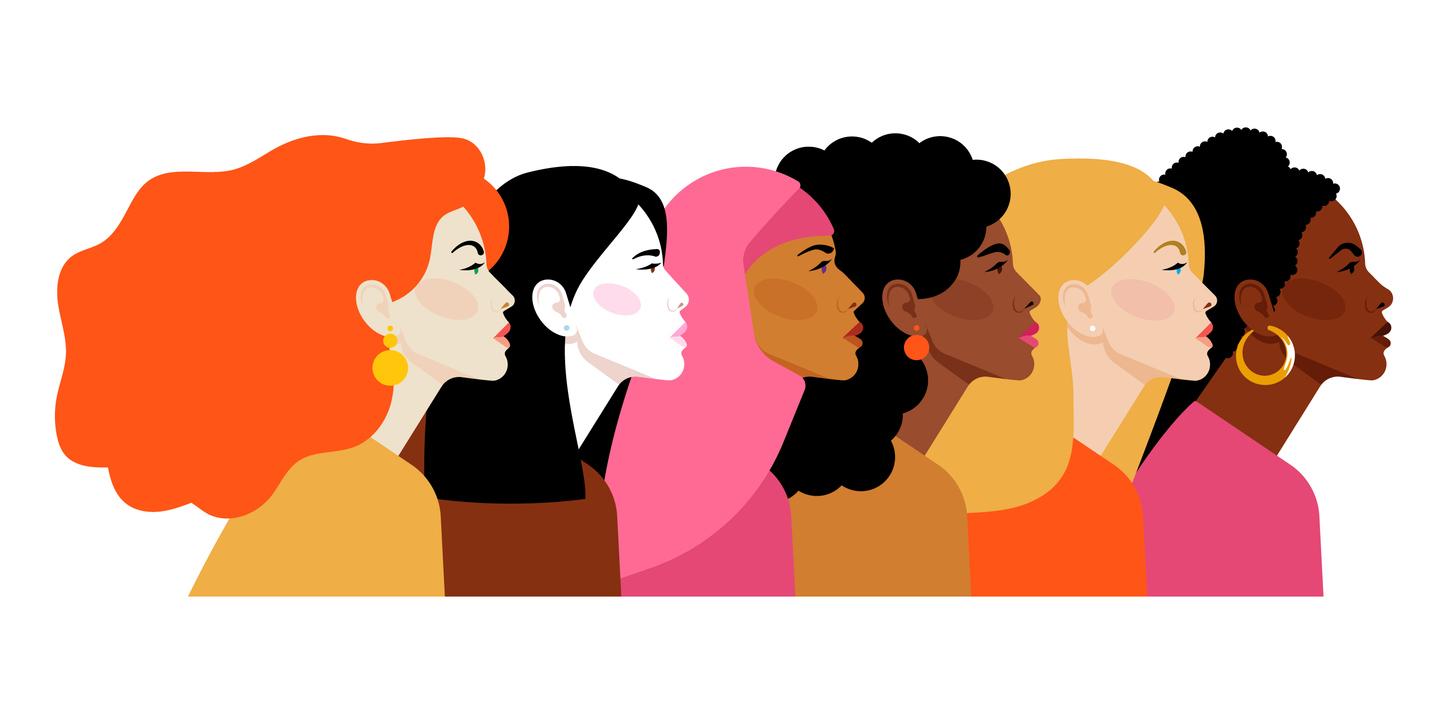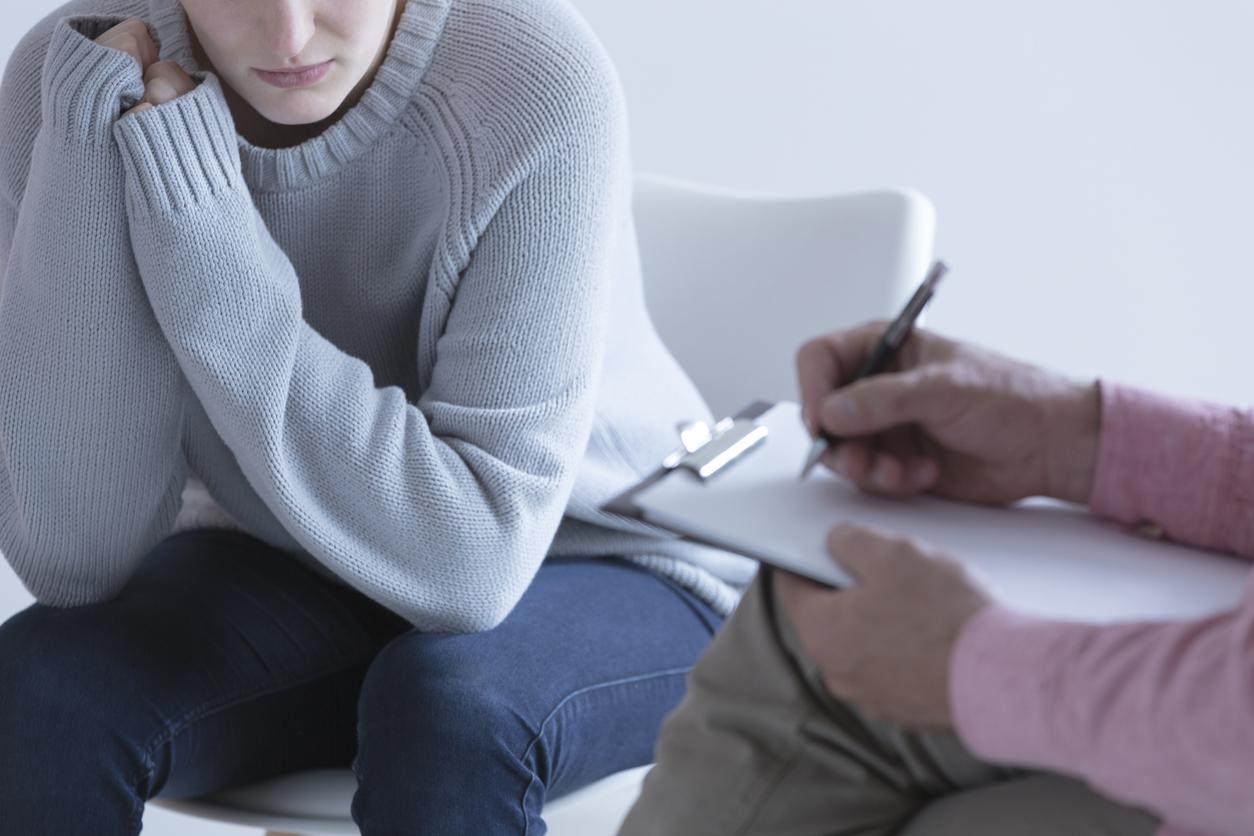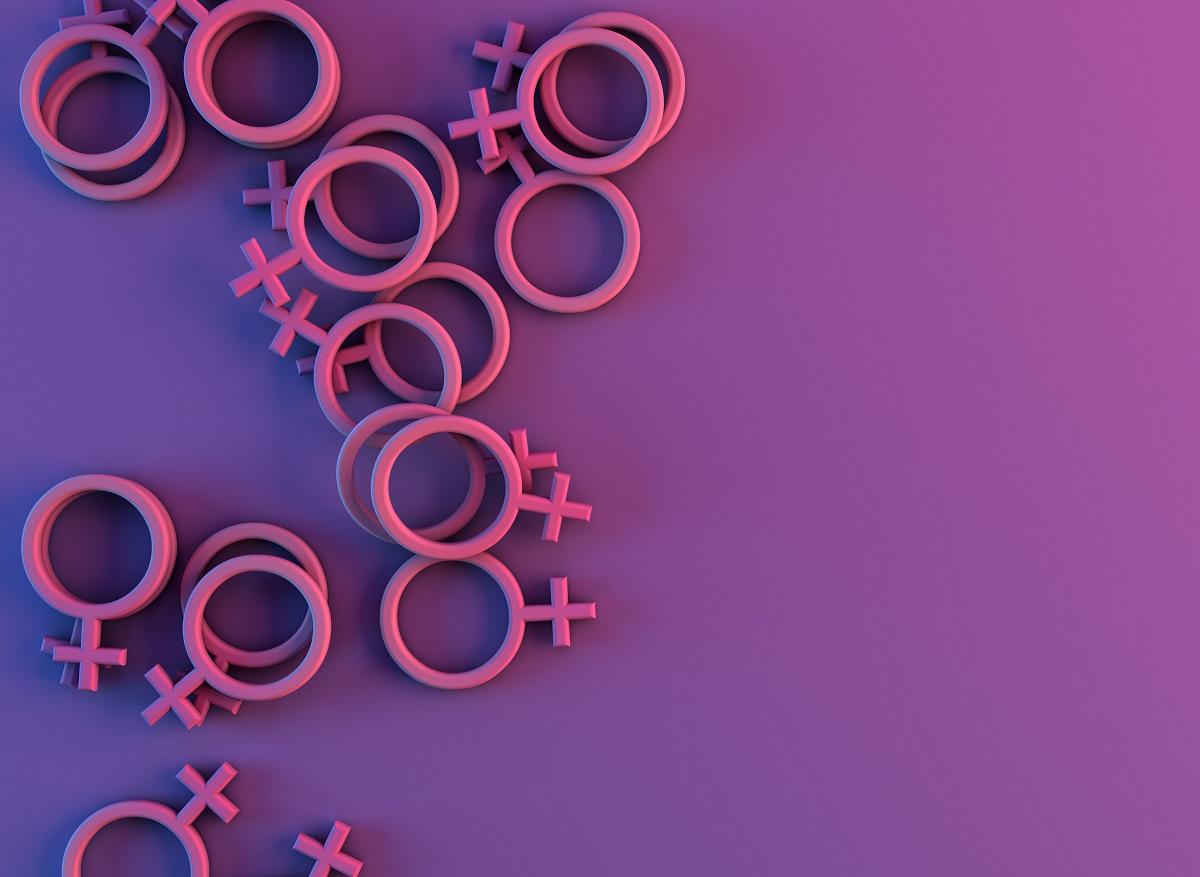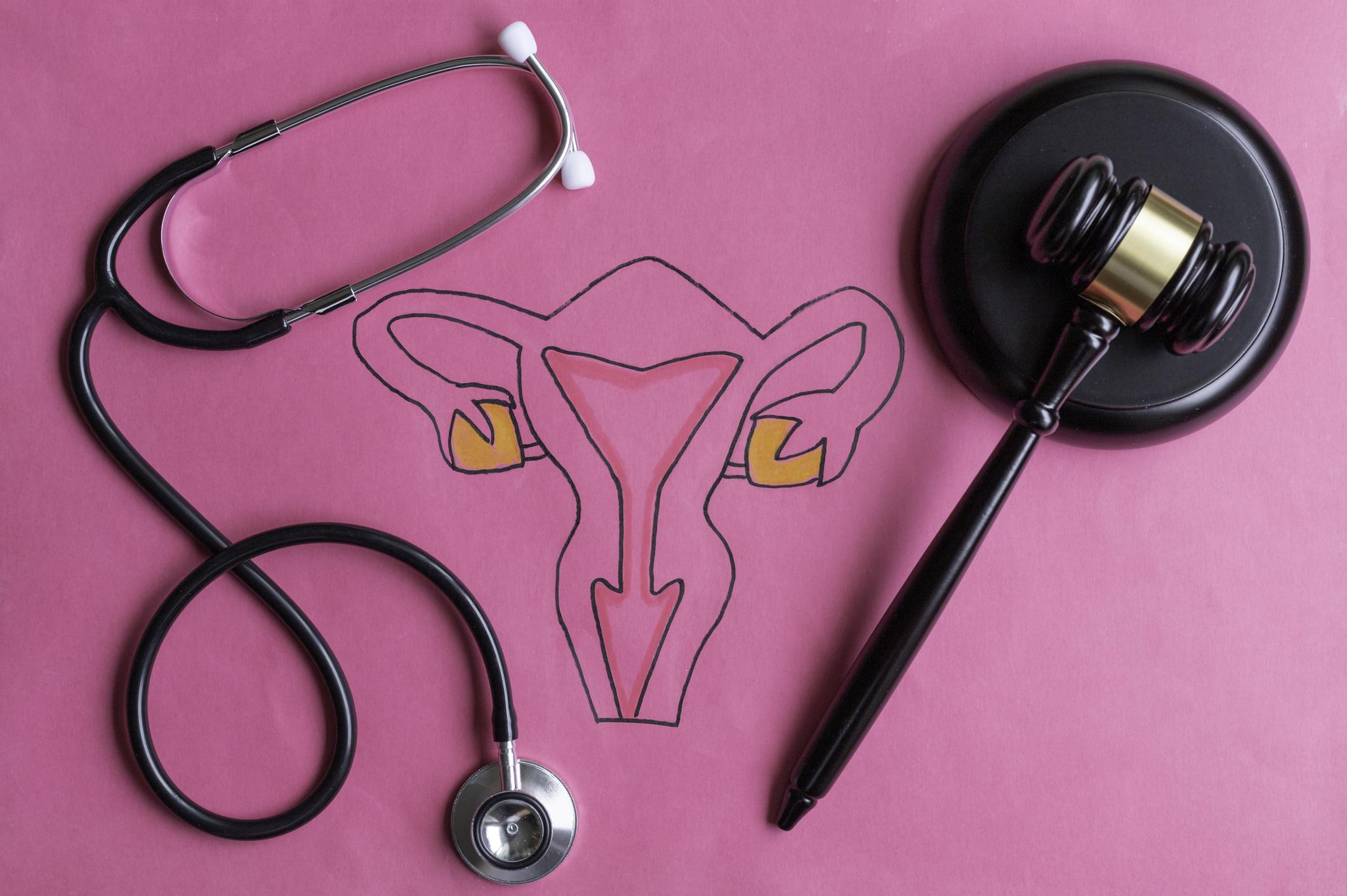The Polish Parliament examines two bills on September 23. One bans abortion, the other would relax the rules. The first is supported by 500,000 Poles.
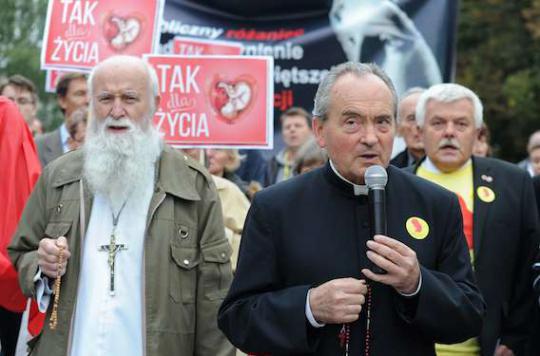
This September 23 could mark a big leap back for Poland. This Eastern European country allows abortion under strict conditions. But a major threat hangs over this right: Parliament is debating a total ban, supported by half a million Poles. If the law is passed, pregnancies resulting from rape or incest can no longer be interrupted. Abortions will also be refused to pregnant women with fetuses suffering from a serious malformation or serious disease.
Access to voluntary termination of pregnancy (abortion) is already problematic in Poland. Doctors must give their approval, and only centers approved by the state can perform it. A path strewn with pitfalls which explains the weak recourse to the law: only 2,000 legal acts are carried out each year in the country. In fact, only three justifications open the right to abortion: after rape, incest, or if the fetus is severely malformed. Women who do not wish to carry a pregnancy to term therefore turn to neighboring countries … or artisanal techniques. These same restrictions, and the risks they entail, are what drove the feminist association Women on Waves to drop abortion pills by drone in June 2015.
Two competing proposals
The 1993 law is widely supported by the Polish people: 80% support abortion if the mother’s life is threatened, almost as many in cases of rape or incest, and 53% if the fetus is sick. However, a large majority of them disapprove of this gesture if the woman does not wish to give birth. The strong Catholic tradition of the country undoubtedly explains this. But the status quo is in peril. Since September 22, Parliament has been examining two opposing proposals: one strengthens women’s rights, the other considerably weakens them.
The text that receives the most support is unfortunately that of pro-life lobbying. The Stop Abortion Committee has received the support of 400,000 Poles. It proposes an outright ban on abortion and a penalty of 5 years imprisonment for offenders. In a deceptively generous counterpart, the committee offers increased state aid to women who have had a pregnancy against their will. Women’s rights activists are not mistaken: this is just a smokescreen. The High Council for Equality between Women and Men (HCEfh) itself took up the case (see box).
Constant back and forth
Conversely, feminist associations are calling for a relaxation of the law, so that it authorizes abortion until the 12th.e week of pregnancy. Regulation would thus be closer to many European countries – with the notable exception of Ireland and Malta. This text has collected the signatures of 200,000 Poles. To say that the results of the debates are eagerly awaited would be an understatement.
The voluntary termination of pregnancy is far from being a peaceful subject in Poland. Already in March 2016, a proposal made Poles take to the streets of Warsaw. The wives of former presidents have even mobilized to defend women’s rights. In fact, Polish history is made up of back and forth concerning abortion. Until 1932, the gesture was prohibited, without exception. Medical exceptions were accepted until 1956, when the Nazi occupation marked a parenthesis. The abortion was then opened to women whose living conditions were difficult. The fall of communism in the country was the occasion of a new restriction: only women whose survival was threatened could request a termination of pregnancy. The greatest breakthrough occurred in 1997, when Parliament opened the procedure to patients in social or emotional distress. Deemed unconstitutional, the law was dropped to revert to status quo from 1993.
The anger of the High Committee for Equality
A “freedom-killing and reactionary law”: this is how the High Council for Equality between Women and Men (HCEfh) qualifies the proposed anti-abortion law. In a press release, the French institution condemns such a decline. “Women’s autonomy is based on individual control over their fertility,” says the Council, which calls on Europe to include the right to abortion in the Charter of Fundamental Rights. The European Union, the Council of Europe, the Commission and the European Parliament are called upon by name. The HCEfh also recalls the obligations to which Poland complies: fight against discrimination, secure access to abortion and respect the right to life as well as that to respect for private and family life. Such laws which lower women to the level of reproducers “refer to authoritarian and dark periods in Europe”, concludes the High Council.
.









